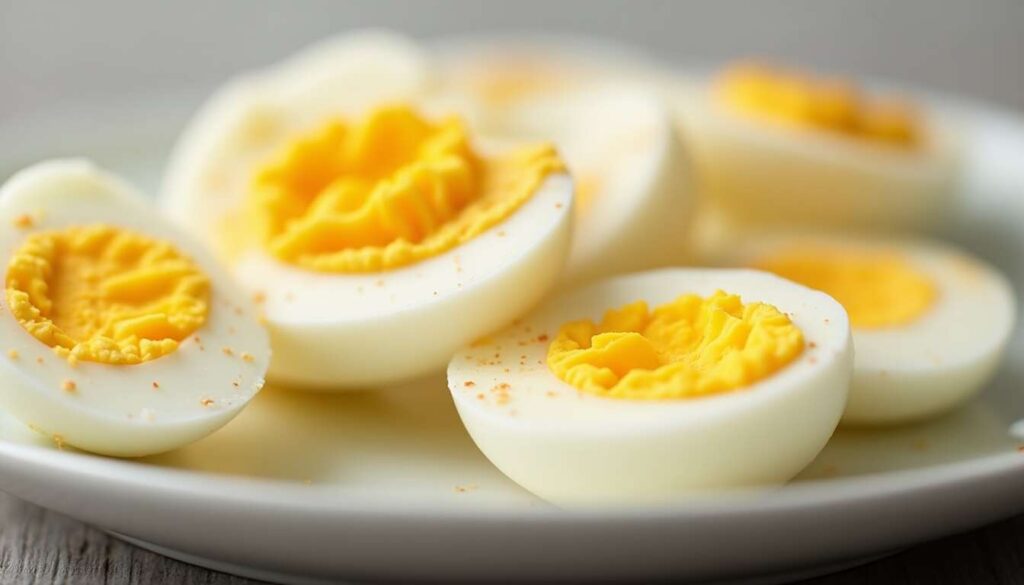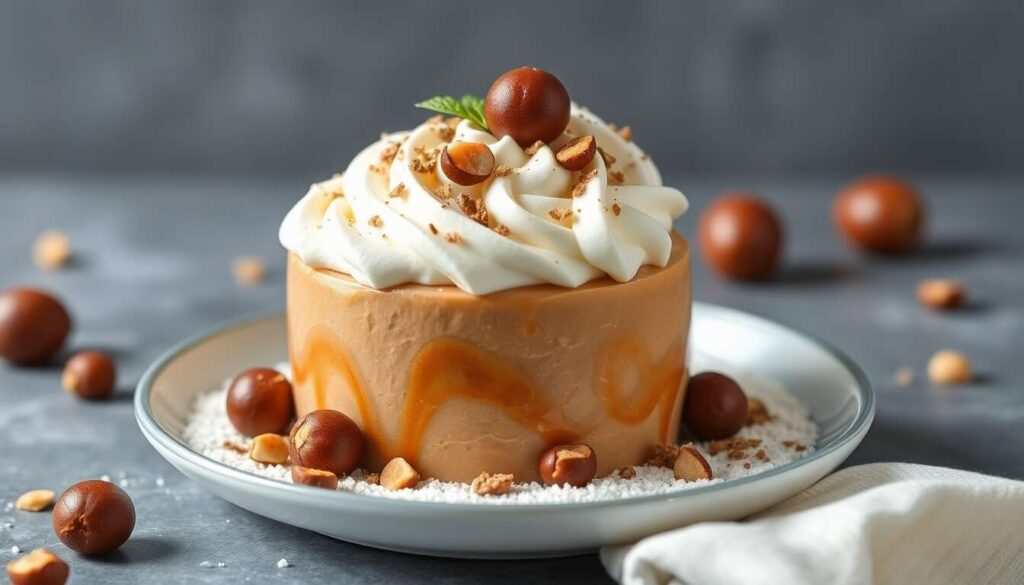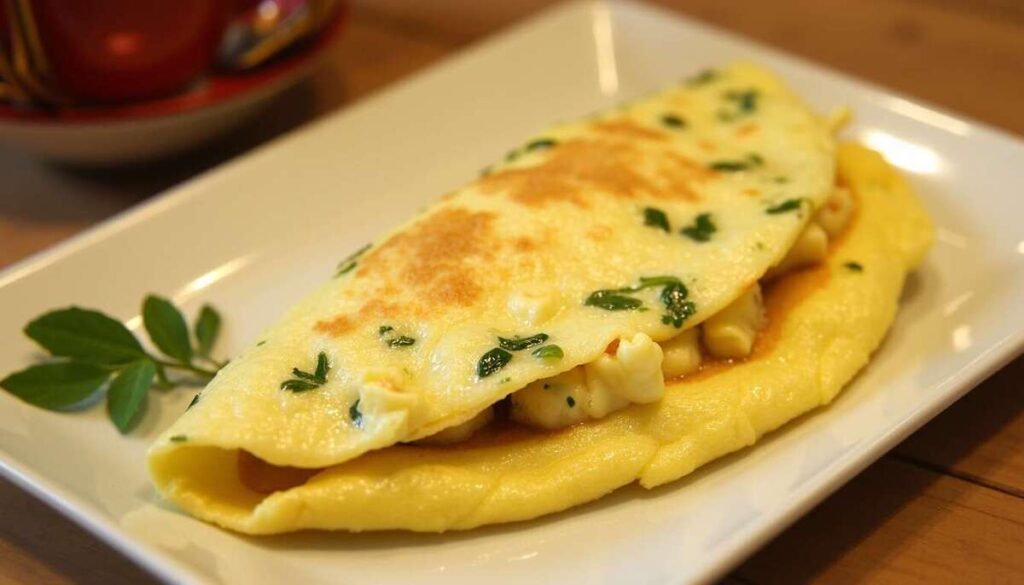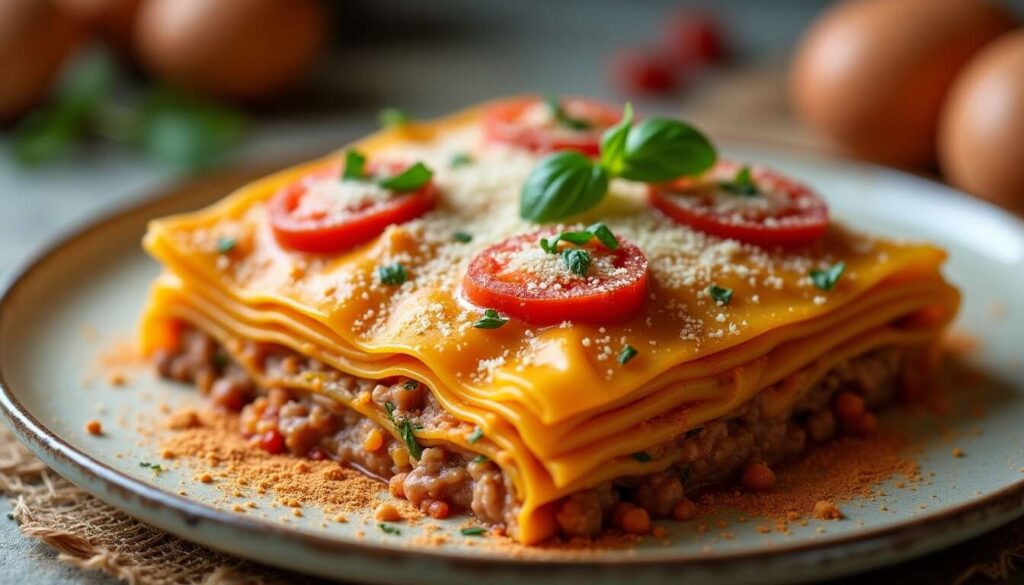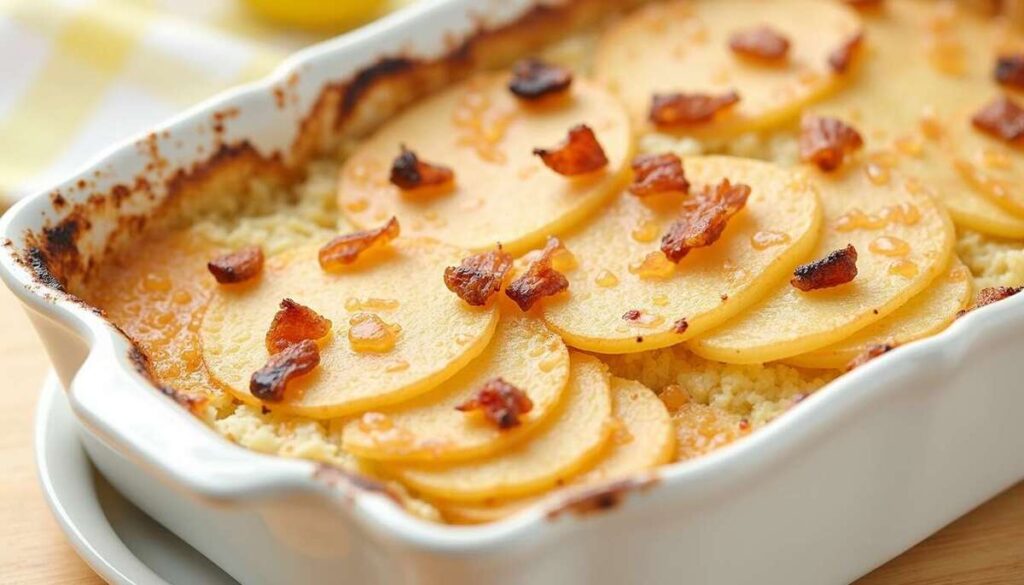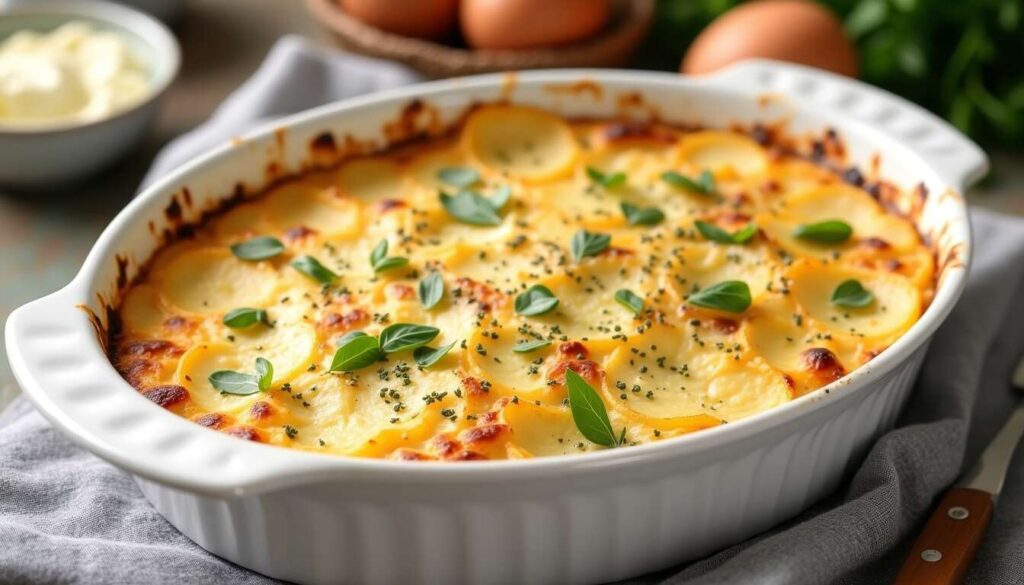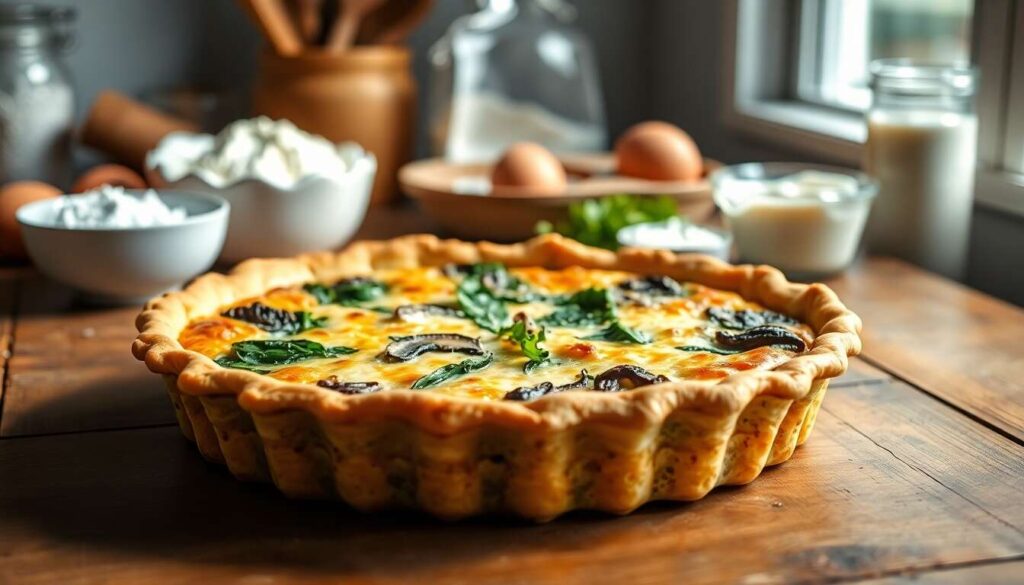It is often the case that culinary advice can seem counterintuitive. Take, for example, the cooking of hard-boiled eggs. Plunging eggs directly into boiling water may appear to be a quick and efficient solution. However, this method is far from optimal. In fact, it conceals numerous pitfalls that can disrupt the final result. Let us explore the reasons behind this phenomenon and the alternatives that will guarantee your success with every cooking endeavor.
Understanding the Risks of Boiling Water
Thermal Shock and Its Consequences
When a cold egg is placed into boiling water, it undergoes significant thermal shock. This often results in the cracking of the shell. The contrast between the temperature of the egg and that of the water causes a rapid expansion inside the egg, leading to fissures.
Impact on Egg Texture
In addition to the cracks, cooking directly in boiling water can affect the consistency of the yolk and the white. You may end up with a sandy texture in the yolk and a rubbery white, which can ruin the tasting experience.
Shelling Becomes a Challenge
Cracked eggs are more difficult to shell. The white tends to stick to the cracked shell, making peeling complicated and often frustrating. No one enjoys losing half of the white in the process of peeling.
Having understood the various risks associated with boiling water, it is time to turn to a gentler and more effective method. Discover how starting with cold water can transform your approach to cooking eggs.
The Advantages of Starting with Cold Water
Minimized Thermal Shock
Beginning with cold water significantly reduces the impact of thermal shock. This allows the eggs to heat gradually, preventing cracks and preserving their integrity.
Enhanced Texture of Yolk and White
With a gradual rise in temperature, eggs achieve a more uniform texture. You end up with a fluffy yolk and a tender white, ideal for salads or a simple hard-boiled egg.
Ease of Shelling
Starting with cold water ensures ease of peeling by preventing the white from bonding too firmly to the shell. With this method, your eggs remain intact during the peeling process.
Once you appreciate the benefits of cooking with cold water, we suggest mastering a few tips to further optimize your egg cooking. Let us explore these small secrets that will make every cooking endeavor a success.
Tips for Perfectly Cooked Eggs
Add a Pinch of Salt or Vinegar
Incorporating a pinch of salt or a dash of vinegar into the cooking water is a commonly recommended trick. Salt helps stabilize the internal pressure, while vinegar can aid in coagulating the white in case of cracks.
Respect Cooking Times
Cooking time is crucial. For a perfectly hard-boiled egg, allow the eggs to cook for 10 to 12 minutes after boiling. This ensures even cooking and prevents the infamous green ring around the yolk.
Pre-Cooking Precautions
Before starting the cooking process, it is wise to allow the eggs to reach room temperature. This further reduces the risk of cracking.
Avoiding common mistakes is also essential for achieving hard-boiled eggs every time. Here are several frequent missteps that you can easily avoid.
Common Mistakes to Avoid When Cooking Eggs
Cooking at Too High a Temperature
The temptation to turn up the heat to accelerate the process is often great. However, excessive heat can harden the yolk and lead to rubbery whites. Maintain a gentle temperature for optimal results.
Neglecting to Cool
Failing to cool the eggs after cooking is a widespread mistake. A rapid cooling prevents overcooking and simplifies peeling, steps that you do not want to overlook.
Placing Eggs Directly from the Refrigerator into Hot Water
Ensure that your eggs are not too cold when taken from the refrigerator. Allow them to sit at room temperature for a few minutes before cooking to avoid thermal shock.
After perfectly cooking your eggs, proper cooling is the next crucial step not to neglect. Let’s see how to succeed in this straightforward process.
How to Successfully Cool Your Eggs After Cooking
Ice Water Bath
Placing the eggs in an ice water bath immediately after cooking is the most effective method. This stops the cooking process instantly and eases the peeling.
Air Drying and Draining
Once cooled, allow the eggs to drain on a rack or in a colander. This prevents them from remaining in contact with water for too long, ensuring a firm egg.
| Step | Duration |
|---|---|
| Cooking | 10-12 minutes |
| Cooling | 5-10 minutes in ice water |
Eggs, often viewed as a basic food, require appropriate techniques to ensure their flavor and texture. By avoiding boiling water and following these insightful tips, you will achieve perfect eggs every time. Embrace a gentler cooking method, enhance texture, and simplify the peeling process by remembering these straightforward pointers.

